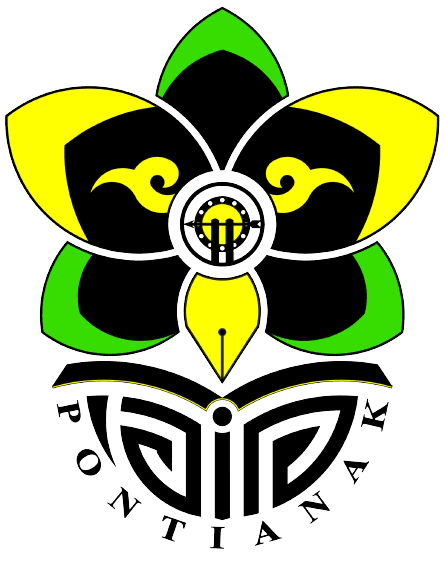Transcending Boundaries: Effective and Enjoyable Early Childhood Teaching and Learning
DOI:
https://doi.org/10.24260/albanna.v4i2.1955Keywords:
Early Childhood, Learning, Teaching, Emancipated CurriculumAbstract
Penelitian ini bertujuan untuk menggali dan menganalisis pendekatan-pendekatan baru dalam strategi belajar mengajar pada pendidikan anak usia dini, serta mengetahui tantangan dan hambatan yang dihadapi guru dalam menerapkannya di TK Khubbul Wathon Gresik. Penelitian ini menggunakan pendekatan studi kasus kualitatif dengan desain bibliometric, metode pemetaan sistematis dan eksplisit. Data dikumpulkan melalui wawancara semi terstruktur, observasi, dan dokumentasi untuk mengidentifikasi strategi belajar mengajar yang efektif dan tantangannya bagi guru. Hasil penelitian menunjukkan bahwa peran guru dalam pendidikan anak usia dini merupakan kunci keberhasilan proses pengajaran dan pembelajaran. Selain itu, keberhasilan ini akan jauh lebih optimal dan maksimal jika dikaitkan dengan partisipasi yang terkoordinasi antara kepala sekolah, guru, dan orang tua. Penelitian ini juga menyoroti kreativitas dan inovasi guru dalam proses belajar mengajar anak usia dini. Penelitian ini memberikan kontribusi terhadap kemajuan metode pembelajaran baru untuk mengembangkan soft skill dasar anak yang dapat digunakan dan dikembangkan di pendidikan tinggi di masa depan.
This research aims to explore and analyze new approaches to teaching and learning strategies in early childhood education, as well as find out the challenges and obstacles faced by teachers in implementing them in the Khubbul Wathon Gresik kindergarten. This research uses a qualitative case study approach with a bibliometric design and systematic and explicit mapping methods. Data was collected through semi-structured interviews, observation, and documentation to identify effective teaching and learning strategies and their challenges for teachers. The research results show that the role of teachers in early childhood education is the key to the success of the teaching and learning process. Apart from that, this success will be much more optimal and maximal if it is associated with coordinated participation between school principals, teachers, and parents. This research also highlights teacher creativity and innovation in early childhood teaching and learning. This research contributes to the advancement of new learning methods to develop children’s basic soft skills that can be used and developed in higher education in the future.









